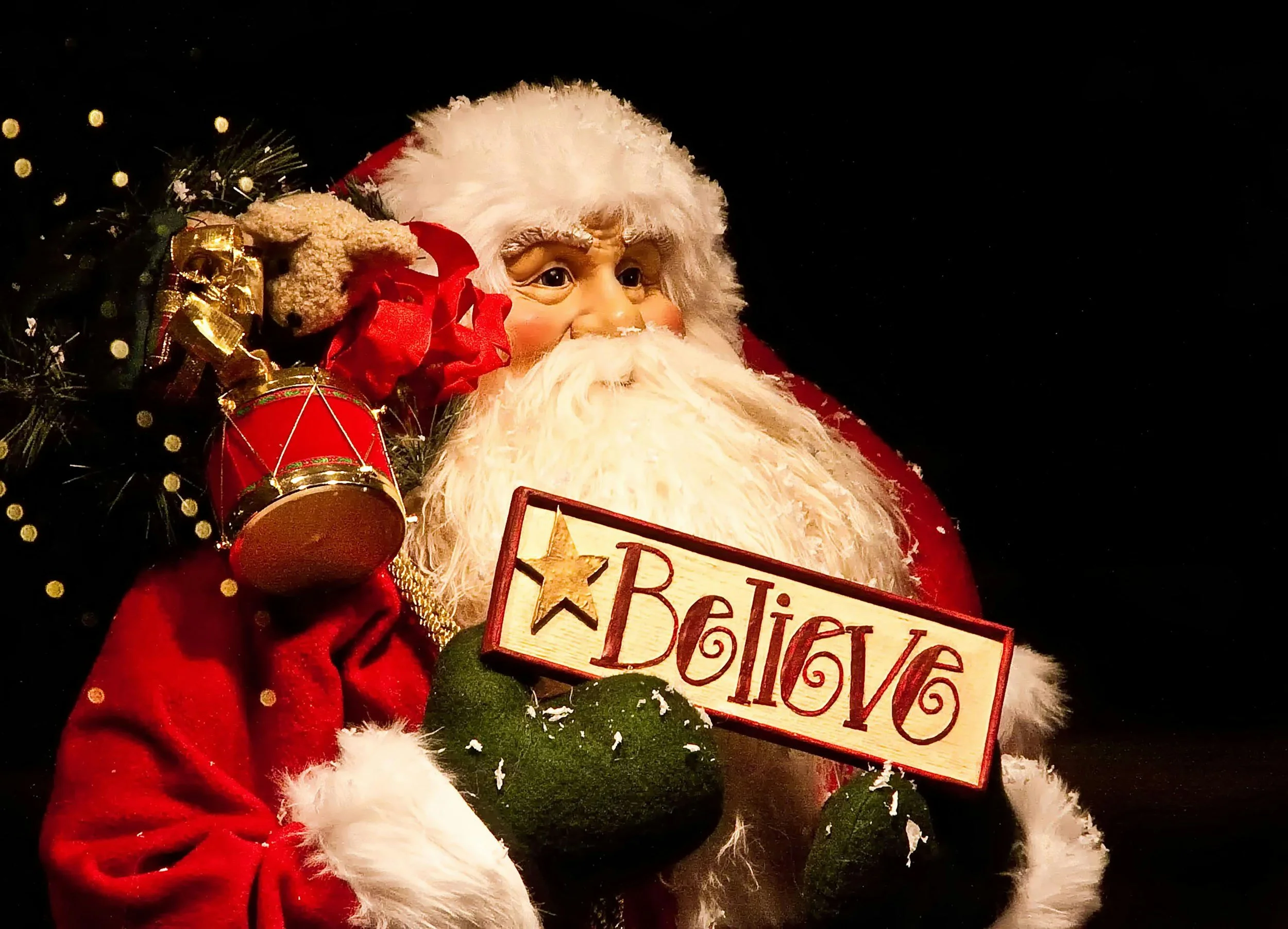Blog
When You Believe: The Power of Changing Self-Thought
Teaching during the pandemic had drained me completely. The burnout was real, and my self-doubt only added to it.
I questioned everything about my role as an educator. Were my students truly better off because I was there? I didn’t think so.
Last December, I was ready to walk away. After our Holiday Concert, I looked out at the packed house, took my bow, and quietly thought this would be the last time I conducted this performance.
But here’s the thing: the problem wasn’t my ability to teach.
“Lose Yourself” to Find Connection: Why People Pleasing Holds Us Back
“People-pleasing actually prevents connection.”
This truth hit me like a ton of bricks. Growing up knowing I was different from most people, I craved acceptance. No, I needed it. As I started noticing those differences, hiding them became a full-time job. I thought, If only I could be more like them, they won’t know I’m different, and then they’ll accept me.
It started there—pretending to be someone else to fit in. But it didn’t stop. It became how I interacted with everyone. Whenever I met new people, I’d stay quiet, telling myself I was just shy or introverted. Only recently did I realize what was really going on: I was studying them. I observed group dynamics and individuals closely, trying to figure out how to engage in ways that would make me more likable.
Defying Gravity: Harnessing Emotions to Fuel Growth and Purpose
There’s one reason Wicked has always resonated with me. It’s a story about identity, courage, and standing up for what’s right, even when the odds are stacked against you. When the film adaptation was announced, I was cautiously optimistic, eager to see how it would capture the essence of such an iconic tale. And while watching the movie, I was struck by how relevant Elphaba’s journey is to the world we live in today.
Elphaba’s story is one of resilience, authenticity, and purpose. She starts as a misunderstood outcast, burdened by others’ judgments, but transforms into a force to be reckoned with by embracing her emotions and channeling them into meaningful action.
Go Easy on Me: A Path to Sustainable Change
A year and a half ago, I found myself in a place I never thought I’d be. Anxiety and depression felt like constants in my life, and I carried an extra 90 pounds on my body, a weight that mirrored the heaviness I felt emotionally.
I longed for change, but no matter how hard I tried, I kept falling into the same patterns. A breakthrough came when I committed to something small: yoga every school day in August of 2023.
At first, it wasn’t easy. Some days I scowled through the practice, frustrated at myself for not feeling stronger or more capable. But I stayed curious. What would happen if I kept going? That question became my anchor.A year and a half ago, I found myself in a place I never thought I’d be. Anxiety and depression felt like constants in my life, and I carried an extra 90 pounds on my body, a weight that mirrored the heaviness I felt emotionally.
I longed for change, but no matter how hard I tried, I kept falling into the same patterns. A breakthrough came when I committed to something small: yoga every school day in August of 2023.
At first, it wasn’t easy. Some days I scowled through the practice, frustrated at myself for not feeling stronger or more capable. But I stayed curious. What would happen if I kept going? That question became my anchor.
Free Your Mind: Replace Judgment with Curiosity
One of the most powerful lessons I ever learned came during a writing course. At the time, I was working on a musical called Curiouser, inspired by Alice in Wonderland. The teacher shared a concept that has profoundly impacted my life since: “Replace judgment with curiosity.” They explained that we often judge ourselves harshly while writing, continually self-editing and stopping the creative flow. Instead, if we could replace those judgmental thoughts with curiosity—wondering what might come next, exploring where the words are taking us—we could unlock a more authentic, uninhibited narrative.
Break on Through: Bringing Coaching Strategies into the Classroom
One of the core principles of coaching is the belief that individuals have their own best answers. In coaching, people are encouraged to set their own goals and chart their own path forward, which builds commitment and purpose. On the other hand, when we’re simply told what to do, it can be easy to feel disconnected or even to feel a sense of failure if we can’t meet someone else’s expectations.
This year, I’ve leaned into the idea that my students know what works best for them, and I’ve trusted them with even more voice and choice in the classroom. Here are a few of the key strategies I’ve integrated to support this shift.






